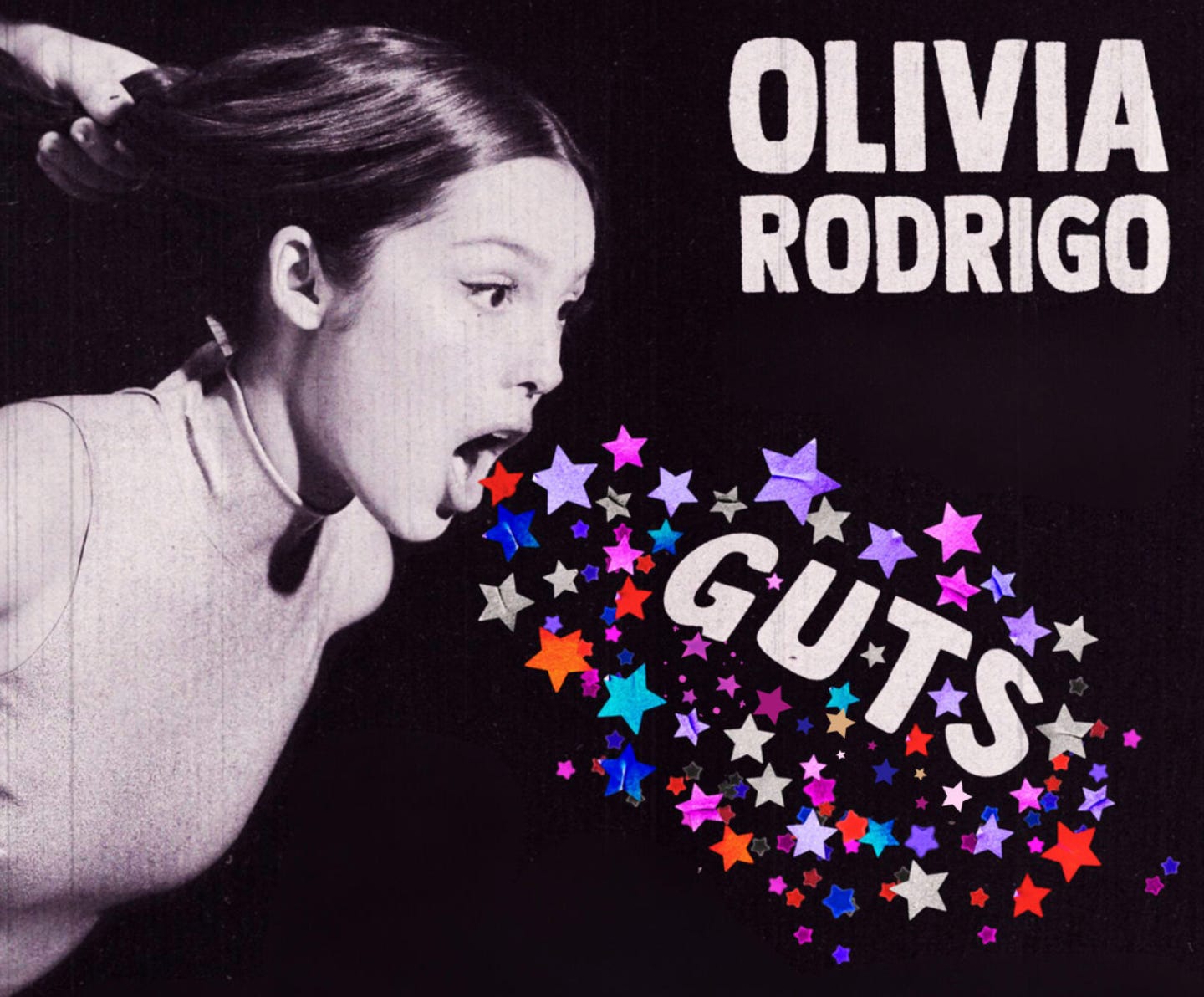If you have even a vague passing interest in being healthier (as a Well Well Well subscriber, I assume you do) then you already know how important your gut microbiome is for your brain, immunity, blood sugar control, nervous system regulation and many other aspects of health.
The chances are that you have experimented with fermented foods, or tried a probiotic supplement, but you’re likely unsure as to whether it’s actually making any difference.
Well, microbiome scientist and registered dietician Dr Emily Leeming is here to help.
Her new book, Genius Gut: The Life-Changing Science of Eating For Your Second Brain, breaks the ever-evolving science down into practical, doable tips (which we’ll get to in a sec).
“It's about the science of your gut-brain connection, and particularly how the gut microbiome can influence our mood, cognition and behaviour in terms of things like food cravings and motivation,” she tells me. “It’s also an easy, jargon-free read, because I feel very strongly that we should be able to talk about science in a fun and relatable way.”
Yes, she is health’s holy grail: a scientist who speaks plain English.
I’m joking, obviously, there are plenty of articulate scientists out there. But many of them would be the first to admit that their work can be a bit impenetrable to most of us. Dr Emily takes the information and explains it how you would explain it to a non-sciencey friend.
And this science needs translating because it is all so new. “Twenty years ago there weren’t any research papers on the gut microbiome,” she says. “Now there are nearly 60,000.” Last month’s announcement of funding for research on the link between gut health and breast cancer is just one example.
I’m old enough to remember the days when conversations about food seemed to revolve around calories or - worse - Weight Watchers points (I worked in an office full of women in the ‘00s, and they were constantly talking about skipping lunch to ‘save’ their points for wine later 🤯). Now it seems as though everyone from your personal trainer, to your mum, to Olivia Rodrigo is banging on about their guts.
OK, the album Guts is not about your microbiome, but it is excellent.
Anyway, one of the things I love most about Dr Emily’s book is that it is not a prescriptive list of things to eat (although it does contain useful lists, breaking down everything from fibre content to polyphenols in a vast array of foods). Instead, it acknowledges that eating for optimal gut health is not only about the food on your plate. It’s about love, connection, enjoyment, stress-relief and fun. None of which are usually associated with diet culture or calorie counting.
The gut-brain connection makes this very clear because, while many of us think of it in a “bottom-up” way (how the food we eat supports our brain to improve our energy and focus), we rarely think about it in terms of “top-down”, ie. how our attitudes and mindset affect our gut microbiome.
She uses irritable bowel syndrome as an example, since anyone with IBS knows the symptoms are exacerbated by stress and anxiety. In fact, hypnotherapy and yoga have been shown to be just as effective for managing IBS as dietary treatment.
“It’s a two-way connection,” she explains. “We get so fixated on having the ‘perfect diet’ but that's a quick recipe to feeling rubbish, tired and out of sync with what your body actually wants. Stress has a detrimental effect on our gut bacteria, so it’s important to take a step back and look at the big picture. There’s a place for cake or chocolate, if that brings you joy.”
Clearly, this doesn’t mean eating cake all the time, but listening to your body and tuning into what feels good. A diet that is generally plant-rich and fibre-heavy definitely has space for a slice of cake with a friend or baking with your kids. But it could probably do without you mindlessly snarfing that dry old slice of Colin the Caterpillar that someone brought in for your colleague’s birthday.
“Healthy eating is not just about what you eat,” says Dr Emily. “It’s also about enjoying food, being at peace with yourself and making the most of life.”
Amen to that.
A taster of Dr Emily Leeming’s 10 Genius Gut Method Hacks
Go for the colourful five. Rather than stressing about hitting a target of 30 different plants in a week, focus on easy ways to add variety. She recommends bags of stir-fry veg, bags of mixed nuts and seeds, mixed frozen fruits and canned mixed beans to boost the plants in every meal.
Protein and fibre-power your breakfast. Your microbiome will love you for starting your day with a focus on these two elements. Greek yoghurt with seeds and berries, or eggs and avocado on wholegrain toast, will set your up for a day of more energy and improved focus.
Zen out your brain, zen out your gut. No one’s going to ask you to meditate for hours on end. But taking a few moments to focus on your breath when you get a chance, perhaps while commuting or just standing in a supermarket queue, will calm your mind and therefore your gut.
Genius Gut is packed with easy, practical and fun ways to implement all of these strategies, and more. And if you don’t already subscribe to Dr Emily’s excellent Substack, Second Brain, you can remedy that forthwith…
This week I’m…
Grateful for a flurry of brilliant new books that make getting more plants in your diet easier and more delicious than ever.
Rukmini Iyer’s Green Cookbook contains 75 quick, convenient, veg-packed recipes from the woman who has been making dinnertimes less stressful for years with her Roasting Tin series.
Nichola Ludlam-Raine’s How Not to Eat Ultra-Processed is a four-week plan with ideas and recipes to de-UPF your life.
Melissa Hemsley’s Real Healthy is all about easy, convenient ways to eat better. She had me at One-Pot Lazy Lasagne…









Thanks for this great piece, you’ve inspired me to subscribe to you both and pre-order the book!
LOVE